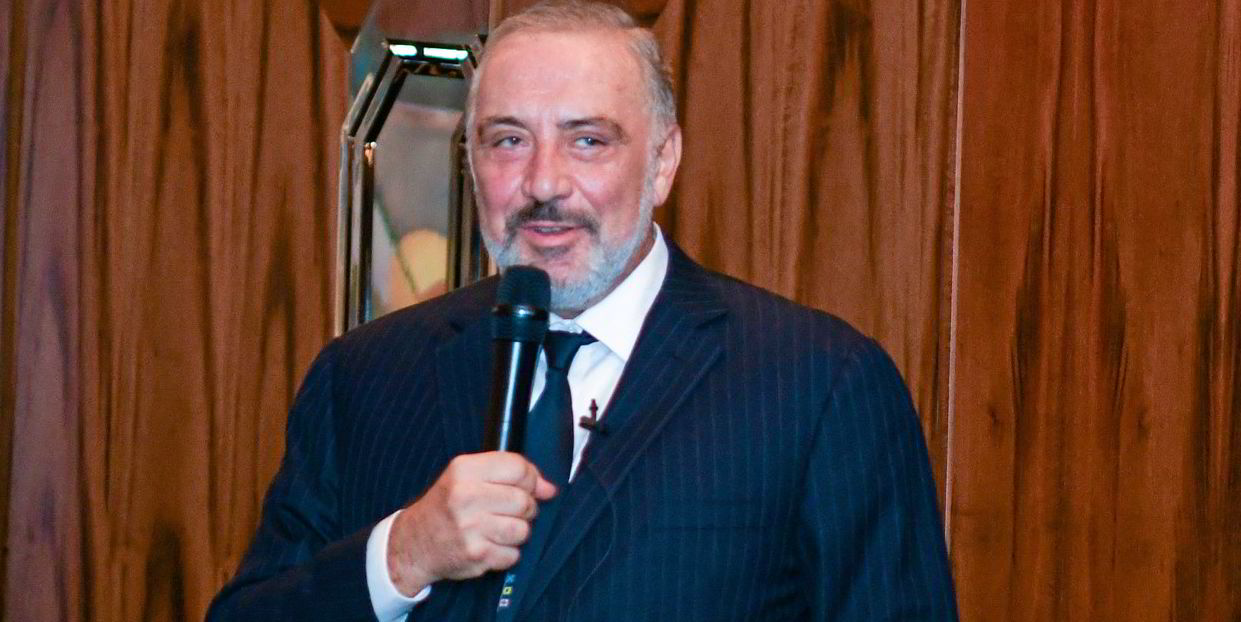Belgian tanker owner Euronav has begun its “new chapter” with a huge profit for the fourth quarter, boosted by the sale of 24 modern VLCCs to Frontline for $2.35bn.
The Brussels and New York-listed owner, now controlled by the Saverys family, said it booked a gain of $323m from the deal that ended the strategic impasse with Frontline's key shareholder John Fredriksen.
Another $374.2m gain is due to be booked in the first quarter.
Chief executive Alexander Saverys called the quarter “transformative”.
“A solution for the deadlock with Frontline was found, CMB solidified its position as anchor shareholder and the CMB.TECH transaction was announced,” he said.
All but one of the VLCCs has now been delivered.
“Euronav is quickly gearing up to become the reference in sustainable shipping,” Saverys added.
Average spot earnings for Euronav’s VLCCs in the period were $41,700 per day, with suezmaxes on $57,400.
So far in the first quarter, Euronav has achieved $50,430 per day for 46% of VLCC days, and $54,892 for 54% of suezmax days.
Euronav is buying the family’s CMB.TECH green shipping business, adding low-carbon bulkers, container ships and offshore vessels.
The company will be renamed CMB.TECH and retain its dual listings.
Net profit jumped to $410.9m from $235m a year ago, but revenue was down at $270.8m against $368m.
Annual net earnings came in at $862m, up from $203m in 2022.
Red Sea now a factor for crude tankers
Euronav pointed out that “heightened geopolitical tensions, longer tonne-miles and more oil on the water in transit provided a very supportive background during the quarter”.
“These factors are supported by robust industry fundamentals regarding vessel supply, global fleet age and positive year-on-year growth for crude consumption,” the company added.
A rising number of shipowners are now diverting cargoes away from the Red Sea.
“The tight tanker supply-demand rate means that a small marginal tanker supply disruption could lead to high freight rate volatility,” Euronav said.
Rates for crude tankers remain firm, the company added.
Bosses expect Atlantic basin production and exports, mainly from the US and Brazil, to rise.
“Concerns regarding the Red Sea turmoil and whether there will be sufficient supply of crude tankers also contributes,” the Antwerp-based company said.





